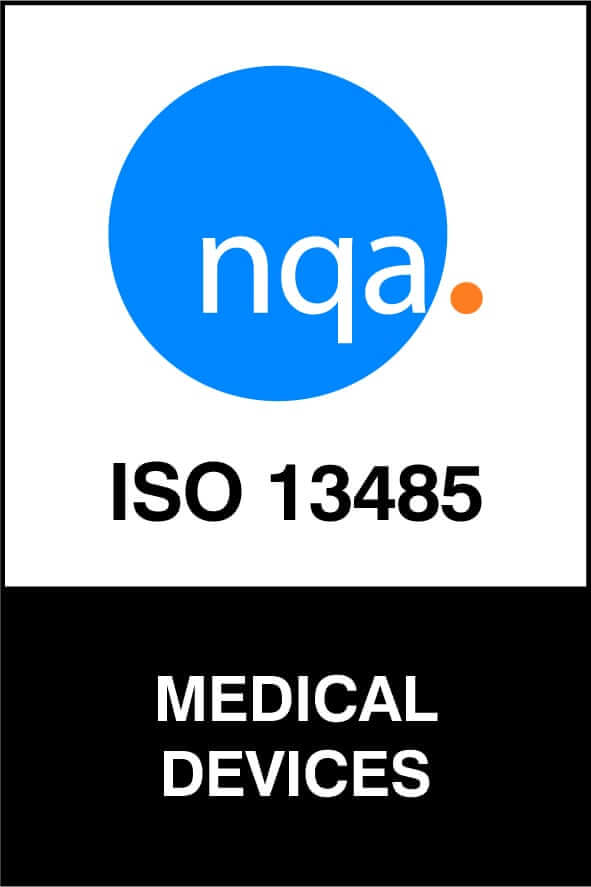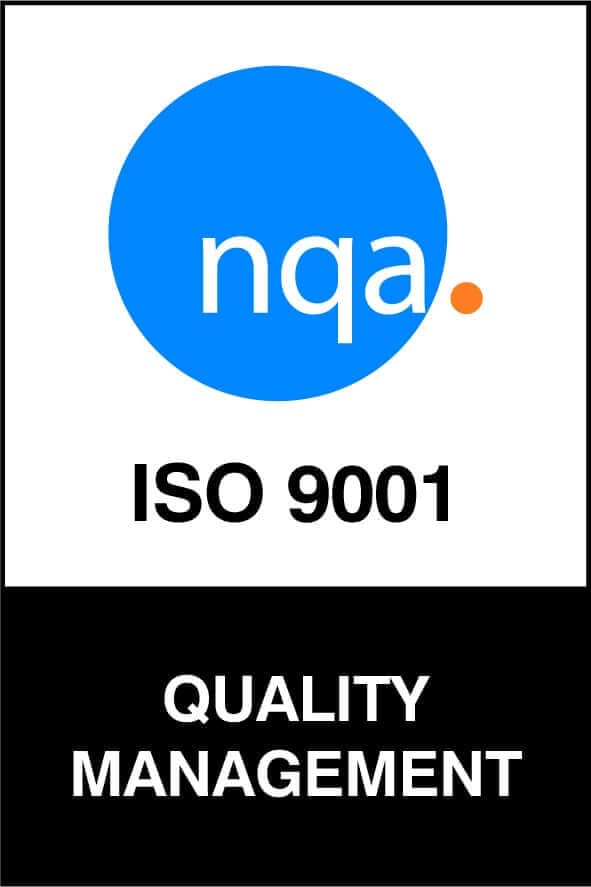Silicone Medical Molding: Paving the Way for Advanced Healthcare Solutions
Silicone is a synthetic polymer derived from silicon, oxygen, carbon, and hydrogen. It features unique properties that make it exceptionally suitable for various medical applications. Silicone medical molding is a method used to harness this material in medical applications. The process injects liquid silicone rubber (LSR) into molds to create intricate medical parts and products essential for patient care and various medical procedures.
In this article, well look closer at silicone medical molding and discover how it’s paving the way for advanced healthcare solutions.
Key Properties of Silicone Molding
Here are the reasons why silicone molding has become the go-to choice in the medical industry:
- Biocompatible: Silicone has a long history of safe use within the human body. Its biocompatibility ensures it doesn’t provoke harmful immune responses or toxic reactions when in contact with bodily tissues.
- Flexible and durable: Silicone’s unique combination of flexibility and durability allows it to withstand the wear and tear associated with real-world use.
- Chemical resistant: Silicone is highly resistant to many chemicals including common sterilization agents ensuring that medical devices and components can be sterilized repeatedly without compromising structural integrity.
- Temperature tolerance: Silicone can withstand extreme temperatures without degrading.
- Hypoallergenic: Silicone reduces the risk of allergies or sensitivities when it comes into contact with the skin or bodily fluids.
The Application of Silicone Molding in Healthcare
Silicone molding has revolutionized the design and production of medical devices and components. Here are some areas where this process is used in healthcare:
Prosthetics
Silicone has played a pivotal role in redefining prosthetics by providing a material that closely mimics the texture and elasticity of human skin and tissue. This innovation enhances the aesthetics and functionality of prosthetic devices.
Patients fitted with silicone-based prosthetic limbs experience greater comfort and natural movement, improving their overall quality of life. The flexibility of silicone also allows for intricate detailing, such as fingerprints and skin texture, further enhancing the realism of these devices.
Implants
Surgical implants ranging from cardiovascular devices to breast implants have also benefited from silicone medical molding. The biocompatibility of silicone reduces the risk of rejection or complications, making it a preferred choice for implantable medical devices.
Silicone’s softness and pliability are also advantageous for implants, ensuring they conform to the body’s contours and provide a comfortable fit. This not only improves patient comfort but also contributes to the success of the surgical procedure.
Wearable Technology and Monitoring
The rise of wearable medical devices has been transformative in healthcare. These devices help individuals monitor their health in real time, providing valuable data to patients and medical professionals.
Silicone is vital in making devices comfortable to wear for extended periods. These include smartwatches and continuous glucose monitors. Silicones hypoallergenic properties ensure that users with sensitive skin can wear these devices without irritation.
Medical Tubing and Catheters
Silicone is the material of choice for medical tubing and catheters due to its flexibility, biocompatibility, and resistance to kinking or collapsing. This materials properties ensure safe and efficient fluid management within the body whether it’s for intravenous catheters, drainage tubes, or respiratory tubing.
Laboratory and Diagnostic Equipment
Silicone components are found in various laboratory and diagnostic equipment including test tube stoppers, gaskets for centrifuges, and seals for microfluidic devices. Its resistance to extreme temperatures and chemicals is essential in maintaining the accuracy and reliability of these instruments.
Dental Devices
Silicone is widely used in dentistry for applications like impression materials and orthodontic devices. Dental impressions made with this material are highly accurate, capturing intricate details for creating crowns, bridges, and dental prosthetics. Additionally, silicone-based orthodontic appliances such as braces and retainers offer improved patient comfort.
Source Quality Silicone Medical Molding Solutions From Jefferson Rubber Works
If you’re interested in harnessing the potential of silicone medical molding for your healthcare innovations, connect with Jefferson Rubber Works today! With over 40 years of experience and a highly skilled team, we are a preferred supplier for custom. We offer a hassle-free “one-stop shop” experience — from concept and design assistance to high-quality production to take your healthcare products to the next level.
Contact us or request a quote today to discuss your project requirements.





